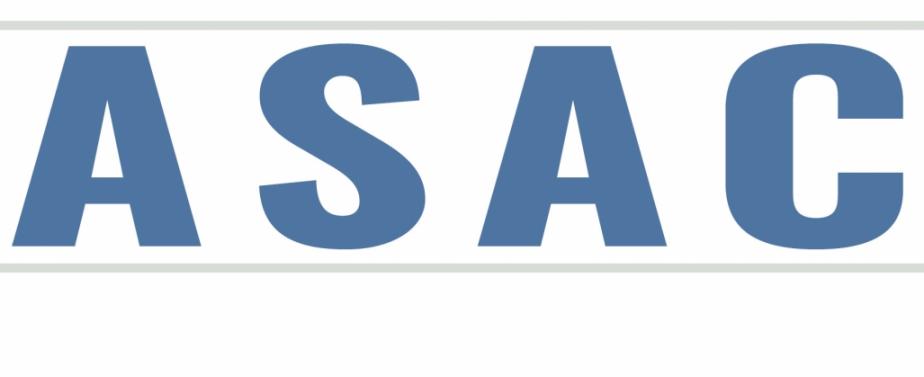Understanding and Developing Emotional Intelligence
11/19/2020
If you’ve been a consultant for very long, you’ve probably run into a few clients where they themselves or a family member tend to overreact to fairly benign situations, make unreasonable demands or feel seriously disrespected if they don’t get their way. They might even be easily offended or inconvenienced and tend to be in the middle of any drama that erupts.
These individuals are expressing a low Emotional Quotient (EQ). EQ is a reflection of a person’s emotional intelligence, which is defined as a measure of their ability to understand how the emotions and needs of themselves and others shape their interactions, and then regulate their own responses accordingly.
Emotional intelligence has become a significant topic for professional development and mentoring as well as an essential trait for management and leadership positions.
The need for emotional intelligence has never been higher. We are discovering an increasing number of people who lack the ability to respond to situations in an emotionally mature manner.
We are also finding waning levels of self-awareness. Not only do people with a low EQ lack the ability to respond appropriately to a variety of situations, they are unaware of this inability. When they make inappropriate comments, they do not have the self-awareness to read the reactions of others, are unable to process well-meaning suggestions intended to help them improve, and they actually blame others for their insensitive behaviors and remarks.
There are three key elements to understanding your own EQ. First you need to understand your personal tendencies toward different reactions in a variety of situations. Next, you need to recognize the different types of responses that are most appropriate. Finally, you need to act in a manner that is most suitable for the situation. These three elements of understanding, recognition and action provide a framework for enhancing your own emotional intelligence as well as those you interact with on a regular basis.
Evidence of a high EQ include an ability to thoughtfully consider and discern their personal feelings, pausing before reacting and seeking to personally benefit from criticism or correction. In their interactions with others it is easy for them to demonstrate empathy, offer praise and encouragement, provide helpful feedback, and seek forgiveness.
These individuals are almost impossible to inconvenience or offend. They can keep a healthy emotional distance even in personally tense interactions.
Their emotions are never the main driver of their responses or reactions. They have feelings just like everyone else, but those feelings are not the main source of how they make decisions, respond to situations, or manage their life. Toxic people have very little effect on them or their attitude throughout the day. They self-regulate their emotions and impulses, even when they are dealing with emotional personal issues at the time.
Here are a few strategies to help others develop their EQ:
There are some very good assessment tools that help measure emotional intelligence and provide practical coaching advice for developing these abilities. Consider using them as a part of your personal and professional development programs.
What are some situations where you have dealt with someone with a low EQ, and how do you enhance your own EQ and that of your staff?
Don Tyler
Tyler & Associates
If you’ve been a consultant for very long, you’ve probably run into a few clients where they themselves or a family member tend to overreact to fairly benign situations, make unreasonable demands or feel seriously disrespected if they don’t get their way. They might even be easily offended or inconvenienced and tend to be in the middle of any drama that erupts.
These individuals are expressing a low Emotional Quotient (EQ). EQ is a reflection of a person’s emotional intelligence, which is defined as a measure of their ability to understand how the emotions and needs of themselves and others shape their interactions, and then regulate their own responses accordingly.
Emotional intelligence has become a significant topic for professional development and mentoring as well as an essential trait for management and leadership positions.
The need for emotional intelligence has never been higher. We are discovering an increasing number of people who lack the ability to respond to situations in an emotionally mature manner.
We are also finding waning levels of self-awareness. Not only do people with a low EQ lack the ability to respond appropriately to a variety of situations, they are unaware of this inability. When they make inappropriate comments, they do not have the self-awareness to read the reactions of others, are unable to process well-meaning suggestions intended to help them improve, and they actually blame others for their insensitive behaviors and remarks.
There are three key elements to understanding your own EQ. First you need to understand your personal tendencies toward different reactions in a variety of situations. Next, you need to recognize the different types of responses that are most appropriate. Finally, you need to act in a manner that is most suitable for the situation. These three elements of understanding, recognition and action provide a framework for enhancing your own emotional intelligence as well as those you interact with on a regular basis.
Evidence of a high EQ include an ability to thoughtfully consider and discern their personal feelings, pausing before reacting and seeking to personally benefit from criticism or correction. In their interactions with others it is easy for them to demonstrate empathy, offer praise and encouragement, provide helpful feedback, and seek forgiveness.
These individuals are almost impossible to inconvenience or offend. They can keep a healthy emotional distance even in personally tense interactions.
Their emotions are never the main driver of their responses or reactions. They have feelings just like everyone else, but those feelings are not the main source of how they make decisions, respond to situations, or manage their life. Toxic people have very little effect on them or their attitude throughout the day. They self-regulate their emotions and impulses, even when they are dealing with emotional personal issues at the time.
Here are a few strategies to help others develop their EQ:
- Set very clear behavioral expectations and reinforce them when someone acts inappropriately—even in the moment they occur—and share the most appropriate, alternative response.
- Recognize and reward examples of high EQ.
- Include emotional intelligence in performance reviews.
- Do not promote those who lack emotional intelligence.
There are some very good assessment tools that help measure emotional intelligence and provide practical coaching advice for developing these abilities. Consider using them as a part of your personal and professional development programs.
What are some situations where you have dealt with someone with a low EQ, and how do you enhance your own EQ and that of your staff?
Don Tyler
Tyler & Associates
Post a new comment







